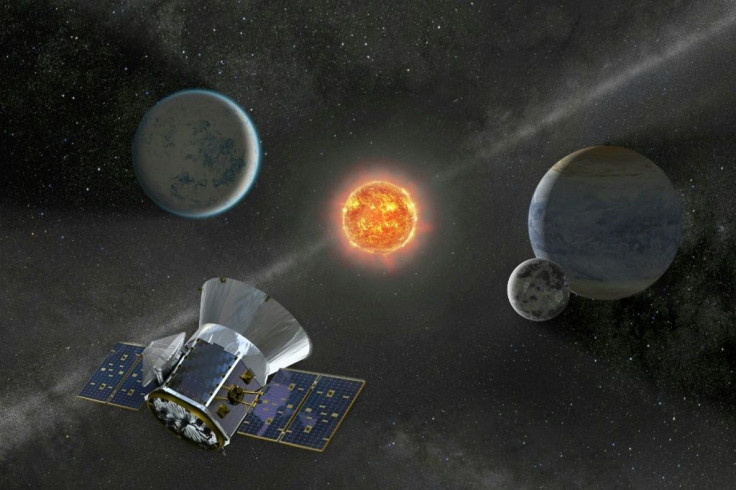NASA Planet Patrol: Citizen Scientists Can Now Search For Exoplanets On This New Website
KEY POINTS
- NASA has launched a new citizen science website called Planet Patrol
- Through the website, citizen scientists can access TESS data
- Scientists say human eye is extremely good at spotting them
Ever dreamed of becoming an astronomer? NASA just launched a website where citizen scientists can help search for exoplanets.
NASA just launched a new website that would allow members of the public to work with astronomers in the search for exoplanets using data from NASA's planet-hunting Transiting Exoplanet Survey Satellite (TESS). In a news release about the launch of Planet Patrol, NASA said volunteers can help in determining which signals are actual potential planets and which are just false alarms.
Using the website, the volunteers can scour through the TESS images and answer sets of questions for each potential planet candidates. This will help narrow down the list of candidates that are more likely to be planets.
"We're all swimming through the same sea of data, just using different strokes," citizen science officer Marc Kuchner of NASA's Science Mission Directorate said in the news release. "Planet Hunters TESS asks volunteers to look at light curves, which are graphs of stars' brightness over time. Planet Patrol asks them to look at the TESS image directly, although we plan to also include light curves for those images in the future."

This is an important part of the search because TESS is capable of collecting a massive amount of data, capturing thousands of possible planets in a year. Not all of these are actually planets, so it is important to narrow down the search to know which ones are best suited for follow-up studies. Otherwise, a significant amount of time could be spent on objects that might not even be planets at all.
"Automated methods of processing TESS data sometimes fail to catch imposters that look like exoplanets," project leader Veselin Kostov, of NASA's Goddard Space Flight Center and the SETI Institute, said in the news release. "The human eye is extremely good at spotting such imposters, and we need citizen scientists to help us distinguish between the look-alikes and genuine planets."
Kostov further said that computers are "not perfect" even if they're good at analyzing data, particularly when the signals from a potential planet are weak. This is where the human eyes come in handy.
Earlier in the year during a NASA Ask-Me-Anything event on Reddit, a user asked whether an AI system would be more efficient than humans in searching the data to find exoplanets. Nora Eisner of the TESS team answered at the time that while AI systems are effective in finding exoplanets, they still "struggle" to find certain types of exoplanets that the human eyes can spot.
This new endeavor adds to the list of NASA's many citizen science projects, opening another means for professionals and members of the public to collaborate in scientific endeavors.
© Copyright IBTimes 2024. All rights reserved.






















